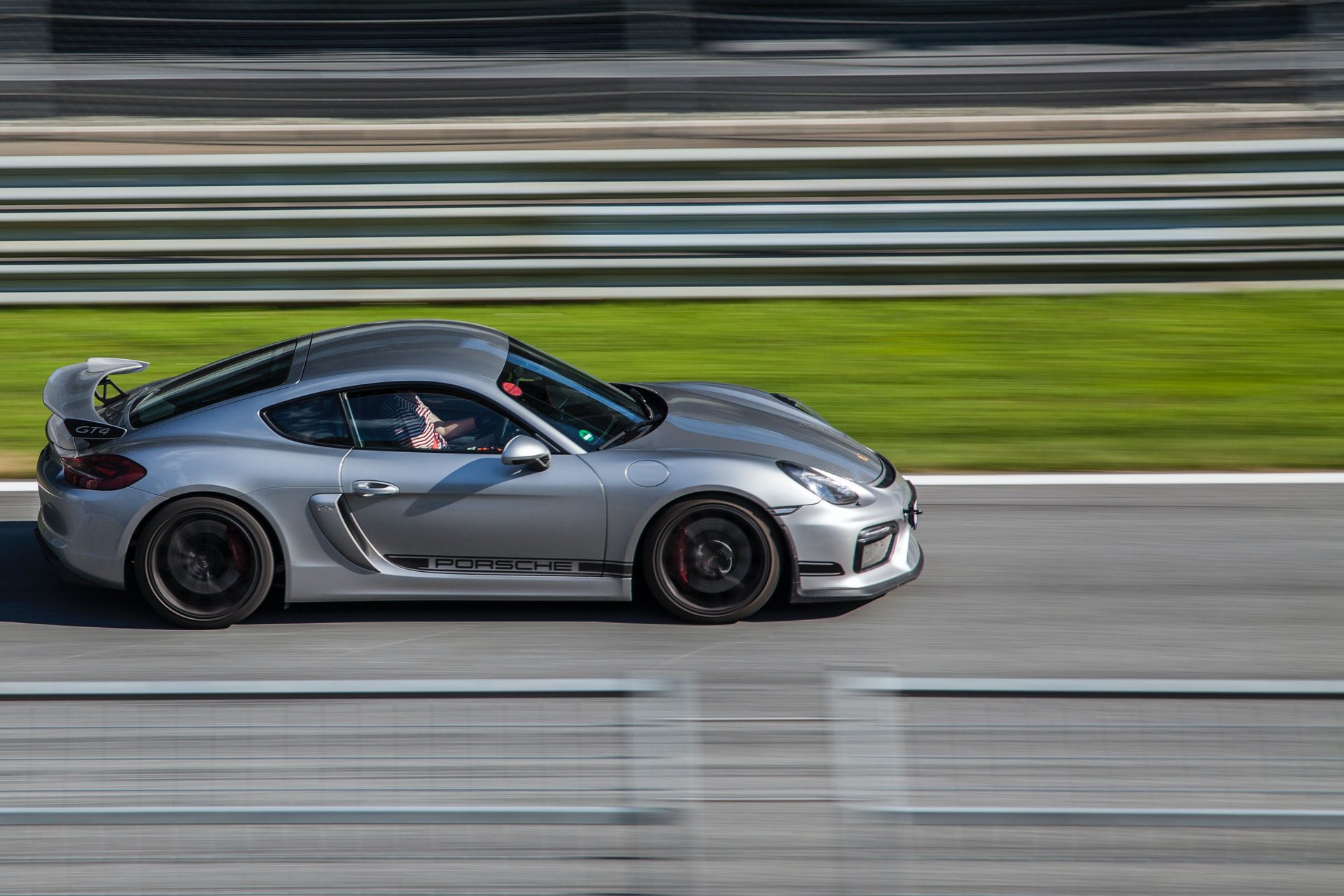What Constitutes Illegal STREET Racing in Virginia?
Whether you call it street racing or drag racing, Va. Code § 46.2-865 makes it illegal to race on the highways of Virginia. The term highway basically means any public road in the Commonwealth of Virginia and is not limited only to the interstate. Racing is classified as a form of reckless driving with enhanced penalties, namely a required license suspension of not less than 6 months nor more than two years. As a reckless driving offense, a class 1 misdemeanor, a judge has discretion to give jail time of up to 12 months and a fine of up to $2,500 for racing. The DMV of Virginia will give you 6 points for 11 years for a racing conviction.
Virginia Code § 46.2-865 states:
“B. Any person who engages in a race between two or more motor vehicles on the highways in the Commonwealth or on any driveway or premises of a church, school, recreational facility, or business property open to the public in the Commonwealth shall be guilty of reckless driving, unless authorized by the owner of the property or his agent. …[T]he driver’s license of such person shall be suspended by the court for a period of not less than six months nor more than two years.”

Photo by Francesco Lo Giudice on Unsplash
How Do They Prove That I Was Racing?
Most of the time police officers will try to get a driver to admit to racing. “Why were you racing that other vehicle?” Unfortunately, what you tell the officer will be used against you in court. But even if a driver doesn’t fall into the trap of admitting wrongdoing, law enforcement can still establish a case for racing with circumstantial evidence.
In Doggett v. Commonwealth, 66 Va. App. 219, 783 S.E.2d 555 (Va. App. 2016), the Court of Appeals of Virginia explained that a driver’s conduct can be used to infer that someone was racing. The court took the definition of racing from the dictionary and defined a race as a “competition of speed” between two or more motor vehicles with the participants wanting to be first. The court indicated that circumstantial evidence can be weighed by the trial court, such as whether the drivers were driving side by side, making maneuvers to get ahead of each other, taking off from a light, driving over solid double yellow lines, and whether the drivers knew each other.
How do I Defend Against a Racing Charge in Virginia?
In defending against a racing charge in court, we have made the argument that just because two vehicles are driving at a high rate of speed does not mean that the two vehicles were racing. The burden of proof is on the state to prove that you were racing beyond a reasonable doubt. Many judges have agreed with our arguments and have dismissed reckless driving for racing charges as a result of weak circumstantial evidence. Interestingly we have seen some law enforcement officers write one summons against a defendant for racing while other officers in similar circumstances will write two separate charges, one for reckless driving by speed and one for reckless driving for racing. Some judges will consider merging the two charges together into one reckless driving conviction if they are feeling generous.
If you need help on a racing charge in a court in the Hampton Roads area, please call us today or schedule a consultation with our office using the link below. We can also refer you to another attorney we trust if your charge is pending in another city in Virginia that we don’t cover.
What are the Penalties for Racing in Virginia?
As a class 1 misdemeanor and type of reckless driving offense, racing in Virginia can be punished with jail of up to 12 months, a fine of up to $2,500, and a suspended license between 6 months to 2 years. If a race is prearranged, a driver’s vehicle can be confiscated according to Virginia Code § 46.2-867. Racing is usually a misdemeanor crime but if someone is injured or dies as a result of the race, the offense is elevated to a felony under Virginia Code § 46.2-865.1.